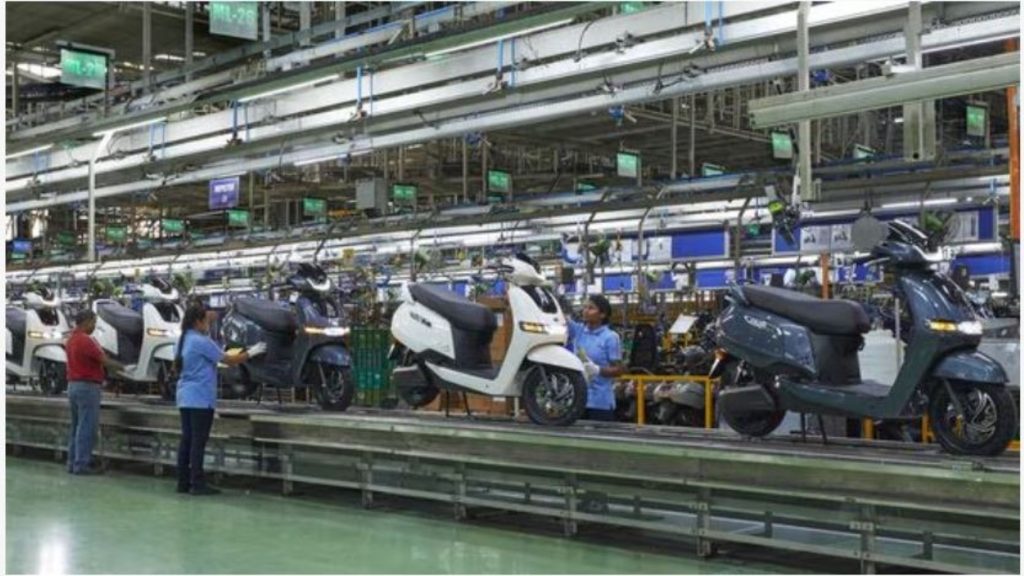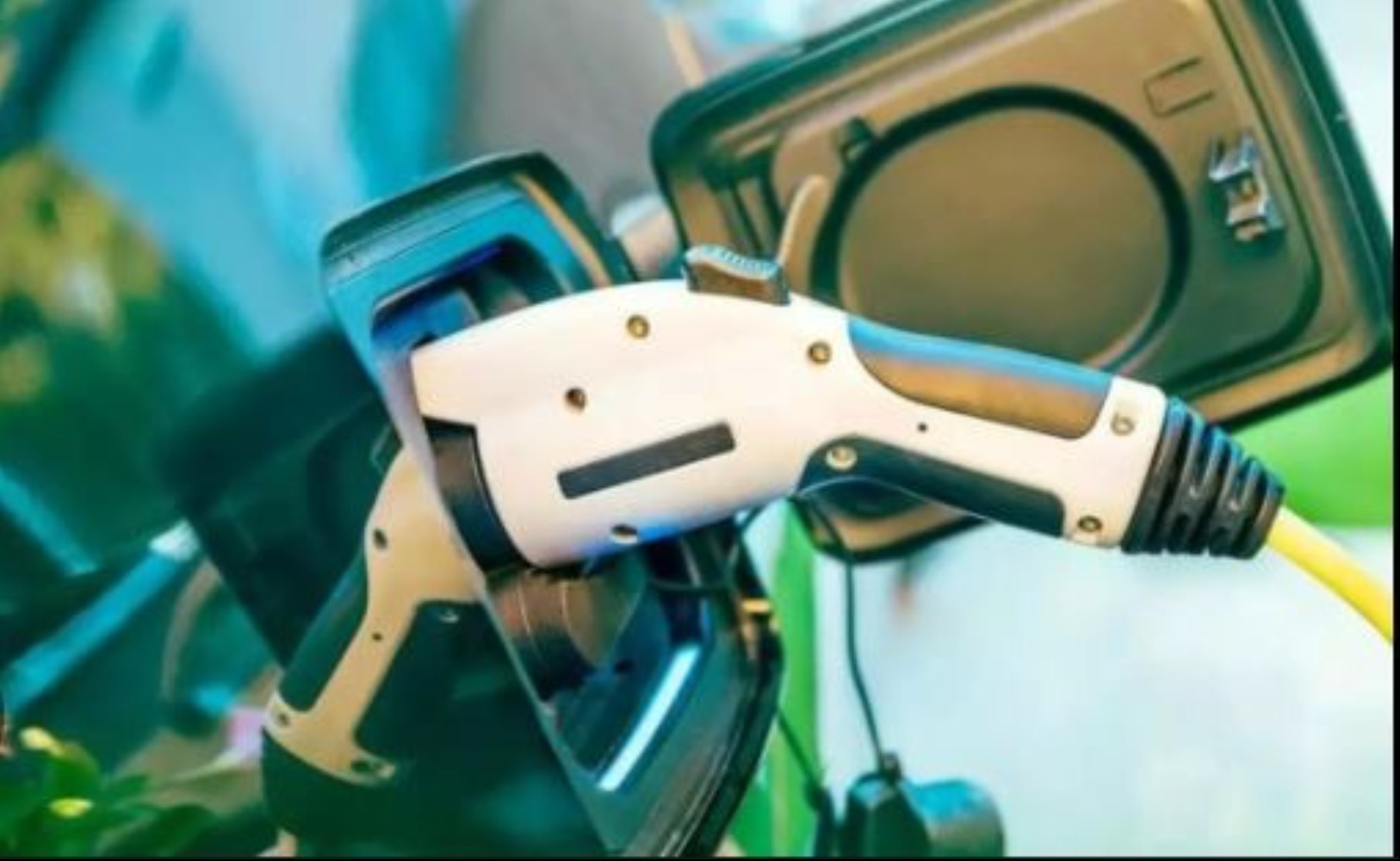These policies are to develop the entire supply chain of electric vehicles in India and strengthen the vision and goal of becoming ‘Atamanirbhar Bharat’.

On Friday, March 15, the Centre approved an electric vehicle (EV) policy in a bid to attract major global players such as US-based Tesla to set up manufacturing units in India. To subscribe please click tau.id/2iy6f and access our live channel.
Under the EV policy, companies that set up plants for manufacturing EVs with a minimum investment of ₹4,150 crore will be allowed limited import of cars at lower customs duty.
ALSO READ: TATA Invests 91k Cr in Semiconductor Plant
They can set up manufacturing facilities in India in three years and attain a localisation level of 50% by the fifth year. There will be no upper investment limit.
EV players welcomed the launch of the ‘Electric Mobility Promotion Scheme 2024’ by the Union Ministry of Heavy Industries, saying that the new scheme is a significant step forward in incentivising the adoption of electric mobility.
Akshit Bansal, Founder and CEO of EV charging infrastructure provider Statiq, said, “With an outlay of Rs 500 crore, the scheme demonstrates the government’s continued commitment to promoting sustainable transportation solutions.”
The provision of subsidies, including Rs 10,000 per electric two-wheeler, Rs 25,000 per e-rickshaw and e-cart, and Rs 50,000 per heavy electric three-wheeler, will undoubtedly make EVs more accessible and affordable for consumers across various segments.
Not more than 8,000 EVs per year would be permissible for import under this scheme, with the carryover of unutilised annual import limits permitted.
According to data from the National Automotive Board, so far under phase-II of FAME scheme, nearly 1.47 million vehicles have been sold, including 1.3 million two wheelers, 150,613 three-wheelers and 18,794 four wheelers. The government is yet to take a finalize on the third phase of the scheme.
The scheme also stipulates a 3-year timeline for setting up manufacturing facilities in India and starting commercial production of EVs. It lays down that 50 per cent domestic value addition in manufacturing must be reached within five years at the maximum.
Furthermore, companies’ investment commitments will have to be backed up by a bank guarantee instead of the customs duty forgone. The bank guarantee will be invoked in case of non-achievement of DVA and minimum investment criteria defined under the scheme guidelines.




